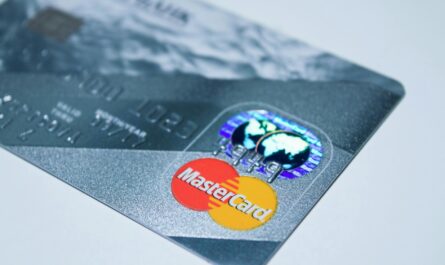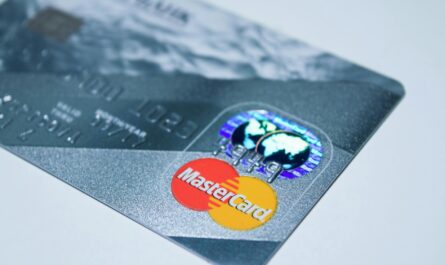Taking control of your finances can feel like a monumental task, but it doesn’t have to be. Effective debt management is a journey, not a race, and with the right strategies, you can achieve financial freedom. This post will guide you through practical steps to understand, manage, and ultimately conquer your debts.
Understanding Your Debt
The first step towards conquering debt is understanding its nature. What types of debt do you have? Credit cards, student loans, personal loans, or mortgages? Knowing the interest rates associated with each is crucial. Higher interest rates mean you’re paying more over time, so prioritizing those debts is key. Create a detailed list of all your debts, including balances, interest rates, minimum payments, and due dates.  This clarity will provide the foundation for your debt management plan. You can use budgeting apps or spreadsheets to help with this process. Consider exploring options like debt consolidation to simplify your payments.
This clarity will provide the foundation for your debt management plan. You can use budgeting apps or spreadsheets to help with this process. Consider exploring options like debt consolidation to simplify your payments.
Creating a Budget
A realistic budget is the cornerstone of effective debt management. Track your income and expenses meticulously for at least a month to understand where your money is going. Identify areas where you can cut back on spending. Small changes can make a big difference. Consider using budgeting apps or budgeting templates to help you organize your finances.  Prioritize essential expenses – housing, food, transportation, and healthcare – and then carefully evaluate non-essential spending.
Prioritize essential expenses – housing, food, transportation, and healthcare – and then carefully evaluate non-essential spending.
Prioritizing Debt Repayment
Once you understand your debt and have a budget, it’s time to strategize repayment. Two popular methods are the debt avalanche and debt snowball methods. The debt avalanche method prioritizes paying off the debt with the highest interest rate first, while the debt snowball method focuses on paying off the smallest debt first for psychological motivation. Choose the method that best suits your personality and financial situation. Remember to continue tracking your progress and make adjustments as needed. You should aim to pay more than the minimum payment on your debts whenever possible.
Negotiating with Creditors
Don’t hesitate to reach out to your creditors if you’re struggling to make payments. Many creditors are willing to work with you to create a more manageable repayment plan. This might involve lowering your interest rate, extending your repayment period, or temporarily reducing your monthly payment. Be proactive and polite, clearly explaining your financial situation. [IMAGE_3_HERE] Document all communications in writing. Consumer credit counseling agencies can also provide valuable assistance in negotiating with your creditors.
Building Good Financial Habits
Effective debt management isn’t just about paying off existing debt; it’s about building healthy financial habits for the future. Once you’ve created a budget and started paying down debt, make sure to consistently stick to your plan. Automate your savings and debt payments to ensure consistent progress. Consider increasing your income through a side hustle or learning new financial literacy skills. Building an emergency fund is also crucial to avoid future debt accumulation. [IMAGE_4_HERE]
Conclusion
Debt management requires commitment and discipline, but with a well-defined plan and consistent effort, you can gain control of your finances and work towards a debt-free future. Remember that seeking help is a sign of strength, not weakness. There are numerous resources available to support you on your journey. Don’t give up! Your financial well-being is worth the effort.
Frequently Asked Questions
What is the best way to pay off debt? The best method depends on your individual circumstances and preferences. The debt avalanche and debt snowball methods are two popular approaches, but you can also customize a plan that works best for you.
What if I can’t afford my minimum payments? Contact your creditors immediately to discuss your options. They may be able to offer a hardship plan or other solutions.
How can I avoid debt in the future? Create a budget, track your spending, save regularly, and avoid unnecessary expenses. Learn about responsible credit card use and avoid taking on more debt than you can comfortably manage.
What resources are available to help me manage my debt? You can find assistance from consumer credit counseling agencies, non-profit organizations, and government programs. There are also many helpful online resources and financial literacy tools available. Check out the NFCC for more information.



